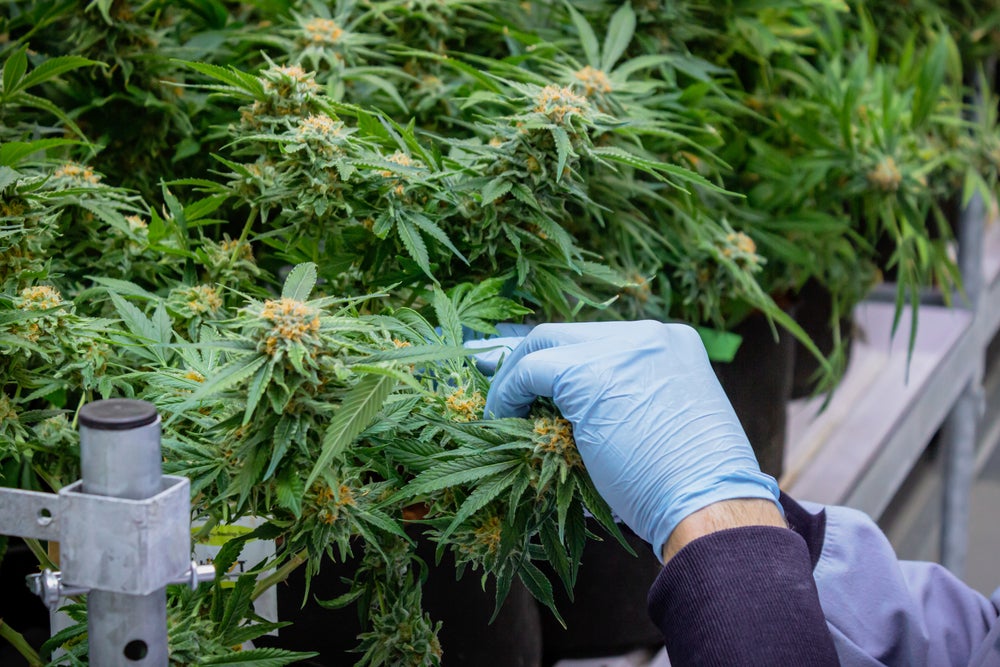Embarking on the journey of cultivating cannabis often begins with the decision to work with clones. These genetic duplicates of a mother plant hold the promise of replicating the desired traits, but the burning question remains: do all clones grow the same as the mother plant? In this exploration, we delve into the intricate world of cannabis genetics and cultivation, shedding light on what to expect when nurturing clones.
Genetic Replication: The Foundation of Cloning
Cloning is a horticultural technique that involves propagating plants asexually, resulting in genetically identical copies, or clones, of the parent plant. In the context of cannabis cultivation, this process is particularly popular as it allows growers to preserve and replicate the specific characteristics of a prized mother plant. However, while cloning offers a means of maintaining desired traits, it does not guarantee uniformity in growth.
Genetic Variation in Cannabis
The concept of genetic variation is intrinsic to all living organisms, including cannabis plants. Even though clones share identical genetic material with the mother plant, external factors and environmental conditions play a pivotal role in shaping their growth. Here are some key factors that contribute to the variability observed in cloned cannabis plants:
- Environmental Influences: The environment in which a clone is cultivated can significantly impact its growth. Factors such as light intensity, temperature, humidity, and nutrient availability all contribute to the plant’s development. Even subtle differences in these variables can lead to variations in size, structure, and overall phenotype.
- Epigenetic Changes: Epigenetics refers to changes in gene expression that occur without altering the underlying DNA sequence. Clones may undergo epigenetic modifications in response to their specific growing conditions, resulting in variations in growth patterns, cannabinoid production, and other traits.
- Stress Responses: Cloning itself can induce stress on plants, potentially triggering unique responses in each individual clone. Some clones may exhibit resilience and adaptability, while others may be more sensitive to stressors, leading to differences in growth and development.
- Nutrient Uptake: Even with identical genetics, clones may not all absorb nutrients at the same rate or efficiency. Variations in nutrient uptake can manifest as differences in leaf color, size, and overall vigor.
- Dormancy and Vigor: Clones may inherit varying levels of dormancy and vigor from the mother plant. Some clones may exhibit robust growth, while others may display slower development, influenced by genetic factors and the conditions under which they are cultivated.
Managing Growth Variability
As a cannabis cultivator working with clones, understanding and managing growth variability is essential for a successful harvest. Here are some practical tips to navigate the nuances of cloned cannabis cultivation:
- Consistent Environmental Control: Maintain a stable and controlled environment for your clones. This includes precise control over factors such as temperature, humidity, light cycles, and ventilation to minimize external influences on growth.
- Regular Monitoring: Keep a close eye on the individual clones in your garden. Regular monitoring allows you to identify any deviations in growth early on, enabling you to address issues promptly.
- Adjust Nutrient Regimen: Tailor your nutrient regimen to the specific needs of each clone. Monitoring nutrient levels and adjusting accordingly helps ensure that each plant receives the essential elements for healthy growth.
- Pruning and Training: Employ pruning and training techniques to manage the shape and structure of your clones. This can help promote uniform growth and optimize the utilization of light.
- Genetic Selection: While clones share genetic material with the mother plant, genetic selection plays a role in the quality of clones. Choose a healthy and robust mother plant with the desired traits to increase the likelihood of producing strong and consistent clones.
Conclusion
In the realm of cannabis cultivation, the journey from clone to harvest is a dynamic process influenced by a myriad of factors. While clones share genetic similarities with the mother plant, the interplay of genetics and environment introduces variability in their growth. As a cultivator, embracing this diversity and implementing proactive strategies to manage it can lead to a successful and rewarding cannabis cultivation experience. Remember, each clone carries a unique genetic story, and understanding and nurturing these individual tales contribute to the richness and complexity of the cannabis cultivation journey.
To explore the latest trends in Cannabis Industry, our articles on Legalizing of Four Cannabis Plants per Household in Canada, How Much Cannabis Can I legally Carry In The Canada, and New York Governor Announces Start Of Recreational Weed Sales offer valuable insights.












